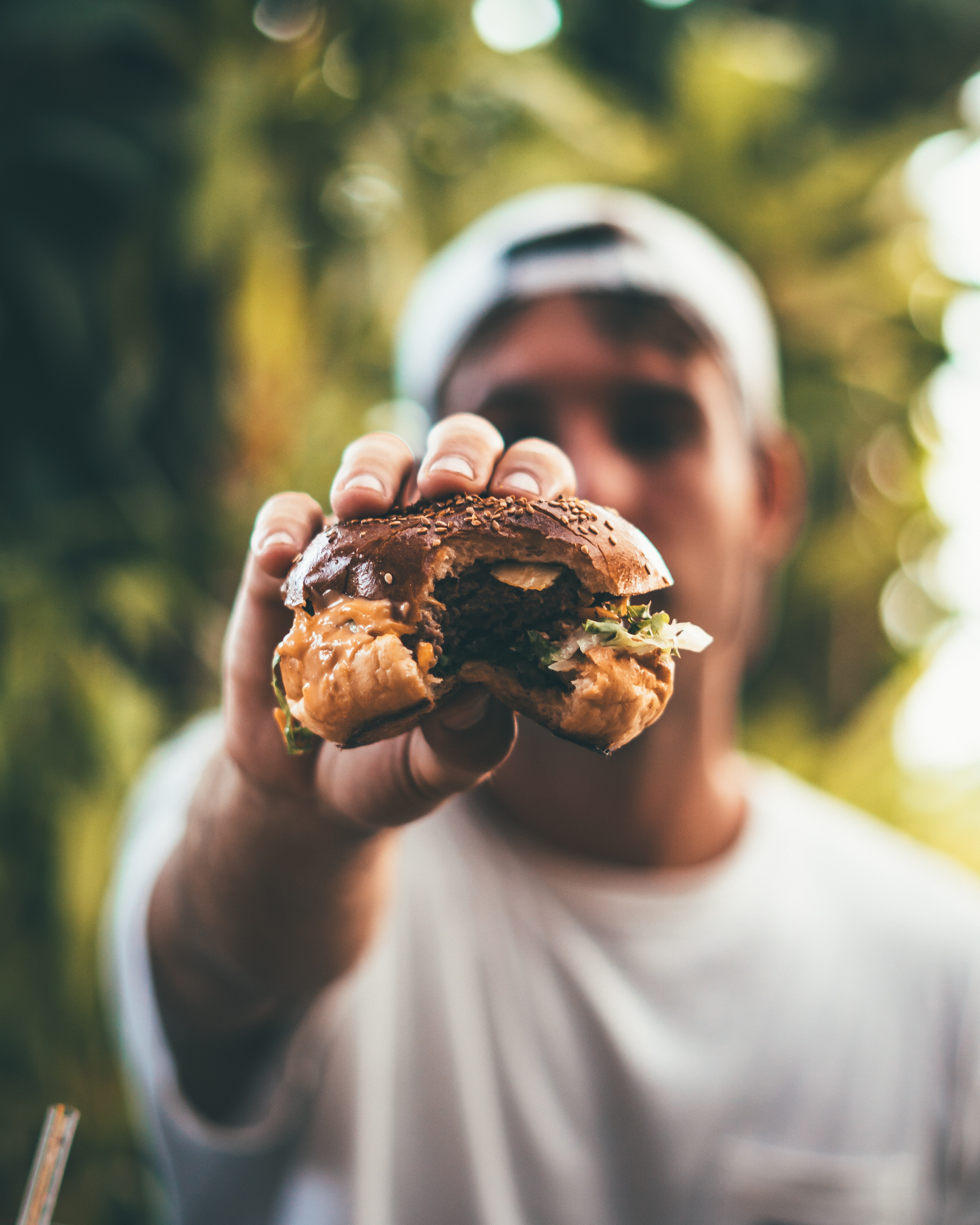
Context
“I could eat a horse.” We have all heard this popular saying that means that one is hungry enough to crave a horse. But could you really eat a horse? It turns out that, even though horsemeat is considered way healthier than beef, it could be frowned upon to eat it. Like cats and dogs, horses are loved creatures that humans see as companions rather than food. This evidence suggests that when people can identify with an animal, they could be less tempted to eat it. In an article published in 2020 in the Journal of Consumer Psychology, Kim and Yoon show that the reality is more complex, and that identification with animals does not automatically make consumers give up meat.
Research questions
The starting point of Kim and Yoon’s research is the meat paradox, which is the fact that consumers are torn between the pleasure of eating meat and the culpability of making an unethical choice. The authors believe consumer guilt can be manipulated thanks to animal anthropomorphism, which is the attribution of humanlike characteristics to animals. For instance, cats and dogs, that are considered as companions and even members of a family, are not likely to end up as your Sunday roast. Therefore, Kim and Yoon aim at answering the following research questions:
– Does anthropomorphism help change how meat-eating consumers perceive animals?
– Do these perceptions influence their eating choices?
– What is the role of guilt in this process?
Method
The authors conducted five studies. In each study, anthropomorphism was manipulated in a different way (for instance by asking informants to think of humanlike traits of the animals on the menu or by having them read a short text about how these animals are humanlike). Participants were then asked to make food choices between healthy and less healthy meat and vegetarian dishes. The authors were careful to test their hypotheses on different meat categories (beef, pork and chicken).
Results
– Thanks to anthropomorphism, individuals perceive the animals’ humanlike characteristics in two ways: warmth perceptions (which means that animals are believed to have a humanlike warmth, which translates in social skills or friendliness for instance) and competence perceptions (which means that animals are believed to have a humanlike competence, such as learning ability or inquisitiveness).
– When animals are anthropomorphized, consumers feel protective of the animals because of their warmth perceptions. Consequently, they feel guilty about eating meat. However, since meat-eating is a habit that can be hard to break, instead of giving it up, consumers try to legitimate their meat consumption by invoking its positive impact on their health, which leads them to pick healthier meat alternatives. For instance, consumers confronted with hen anthropomorphism will tend to pick grilled chicken over chicken nuggets: consumers feel protective of the hens, but it is hard to give up chicken, so they legitimate their meat consumption by picking the healthier type of chicken. To sum up: anthropomorphism creates warmth perceptions that guilt consumers into picking healthier meat dishes instead of giving up meat completely.
– Animal anthropomorphism does not reduce meat consumption unless consumers have a low level of commitment to eat meat. Consumers with a low level of meat commitment will be likely to choose a vegetarian option (healthy or not) over a meat option when animals are anthropomorphized, but those with a high level of meat commitment will not reduce or avoid meat consumption and choose healthier meat alternatives instead.
– Consumers’ responses to animal anthropomorphism seem to be driven by guilt, and not by hunger, empathy disgust or mood.
– The humane treatment of animals mitigates the effects of animal anthropomorphism. In other words, when consumers think that animal are treated well, it eases their guilt and makes it “more ok” to eat them. When confronted with animal anthropomorphism, consumers who rested assured animals were treated well indulged in less healthy meat foods.
Why is this article relevant for researchers?
This article sheds light on the role of guilt in meat-eating behavior and reveals how consumers attempt to reduce their guilt and legitimate their consumption of meat. Therefore, it enriches the existing literature about the meat paradox. Future research could extend the results to other meat products such as duck and lamb or other animal products such as fish, dairy and eggs, bearing in mind that anthropomorphizing fish may not yield the same results as other animals humans can more easily relate to. The results of this article could also be tested in other areas of animal protection, such as the use of animal skin or scales in the fashion industry.
This paper also contributes to the literature about anthropomorphism. Though it shows that anthropomorphism does increase guilt, it also unveils its adverse effects caused by the guilt-reducing mechanisms consumers develop to legitimate their consumption. The starting point of this research seems to be the identification – or at least the feeling of protectiveness – that may arise among consumers thanks to anthropomorphism. However, there may be other reasons (than animal protection) to convince consumers to give up meat, such as environmental issues. Anthropomorphism probably would not be an appropriate strategy to convey this type of message. Future research therefore could explore other culpability leverages.
Why is this article relevant for professionals?
This research may be helpful for all those who wish to promote vegetarian eating, healthy eating or… meat, whether they are activists or marketers. Indeed, this article shows that the consumption of meat will not be reduced thanks to animal anthropomorphism, because meat-eaters will ease their guilt by turning to healthier meat dishes, therefore legitimating their eating habits by their health benefits. Therefore:
– professionals who wish to promote vegetarian eating can generate guilt by anthropomorphizing animals but should find ways to go around the guilt-easing mechanism to ensure that meat consumption will be reduced. Moreover, when addressing individuals who have a low level of commitment to eat meat, anthropomorphism may even lead to a decrease in meat consumption. Instead of trying to shock or disgust people, activists should focus on destroying the legitimation arguments invoked by consumers to keep on eating meat such as health benefits and humane treatment of animals. For instance, the Go Vegan World’s “Humane milk is a myth” campaign was built on evidence and testimonies that make it harder for consumers to believe in the “cow on the open prairie” picture.
– professionals who wish to promote healthy eating can benefit from animal anthropomorphism, since the guilt-easing mechanism developed by consumers works in favor of healthy options,
– professionals who wish to promote meat can profit from this research and encourage meat-eating by highlighting meat’s health benefits or showing that meat comes from animals that were treated well. Both strategies will help consumers legitimate their meat-eating habits. For instance, the 2021 “We eat balanced” campaign launched in the UK by the Agriculture and Horticulture Development Board (AHDB) employs both strategies: on the one hand, it insists that meat provides “essential nutrients our bodies need to help us stay healthy”, and on the other hand, it shows animals that seem quite happy to caper about in the meadows.
More broadly, this research can also inspire professionals/activists whose activity/cause centers around animal protection. For instance, PETA tried to raise awareness of the cows’ need for protection, by making a parallel with the spirit of protection between siblings during Raksha Bandhan in India.
